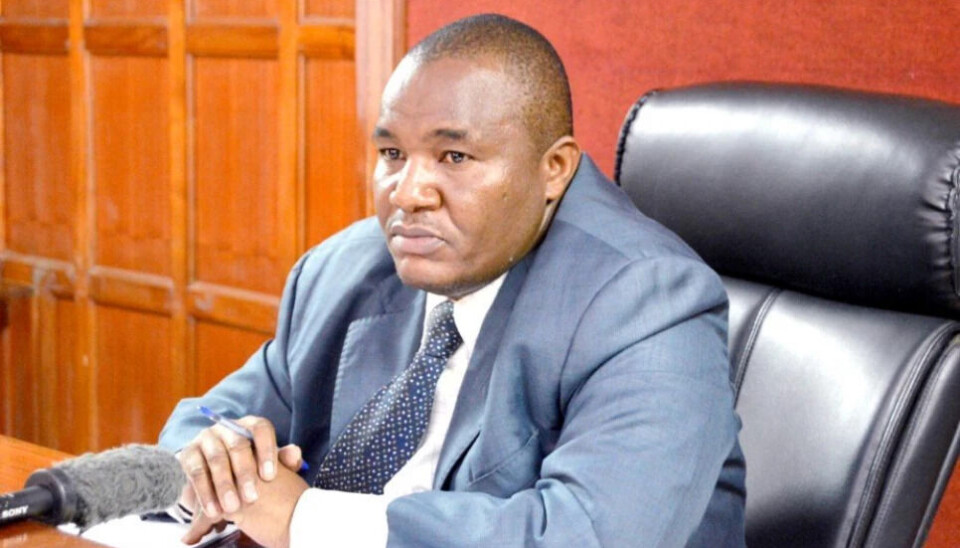Copyright : Re-publication of this article is authorised only in the following circumstances; the writer and Africa Legal are both recognised as the author and the website address www.africa-legal.com and original article link are back linked. Re-publication without both must be preauthorised by contacting editor@africa-legal.com
Criminalisation of suicide is unconstitutional, court rules

Individuals who undergo mental lapses and attempt to end their lives through suicide will no longer be liable to criminal punishment in Kenya.
This follows a declaration by High Court Judge Lawrence Mugambi that Section 226 of the Penal Code is unconstitutional for subjecting survivors of attempted suicide to punitive punishment instead of granting them medical treatment and rehabilitation to address their mental issues.
“Section 226 of the Penal Code offends Article 27 of the Constitution by criminalising a mental health issue, thereby endorsing discrimination on the basis of health which is unconstitutional. It indignifies and disgraces victims of suicide ideation for actions that are beyond their mental control,” ruled Mugambi.
Section 226 of the Penal Code provides that any person who attempts to kill themselves is guilty of a misdemeanour and is punishable with imprisonment for a term not exceeding two years or with a fine, or with both.
Justice Mugambi declared that existence of the law exposes survivors of suicide and potential victims with suicide ideation to possible reprisals, thereby eroding their right to have the highest attainable standard of health.
He added that persons who attempt to end their lives are in fact victims of mental illness and not criminals who possess the requisite intention to commit the offence.
“Suicide ideation is a mental health issue hence it is not a willed act made by a human being of sound mind. It has been classified as a disability by the Ministry of Health which lays bare the fallacy of criminalising attempted suicide,” the judge stated.
The case was filed by the Kenya National Commission on Human Rights and the Kenya Psychiatrist Association who argued that Section 226 revictimises victims of mental illness which is manifested through attempted suicide.
According to the petitioners, the section was against provisions of non-discrimination on the basis of health and disability, as provided under Article 27 of the Constitution, given that individuals who attempt suicide are persons with disabilities arising from mental health.
They submitted that continued criminalisation of attempted suicide increases the stigma and trauma for the survivors, which ends up denying such persons the healthcare and support they need.
The attorney general, however, opposed the petition and justified the existence and retention of Section 226 of the Penal Code, arguing that it is meant to protect the right to life by deterring and preventing self-destructive behaviour.
The judge dismissed the AG’s defence and upheld submissions by the petitioners that criminalisation of attempted suicide implies that people who suffer severe pain inflicted by mental illnesses should suffer the additional trauma and stigma of being viewed as criminals.
“I am persuaded by the argument that criminalising attempted suicide impedes the right to highest attainable standard of health as the stigmatisation associated with crime hinders the victims from seeking help hence is an obstacle to the right to equality before the law,” he ruled.
The court reiterated that those who attempt suicide on account of mental disorders require psychiatric treatment and not confinement in prisons where their condition is bound to worsen, leading to further mental deterioration.
